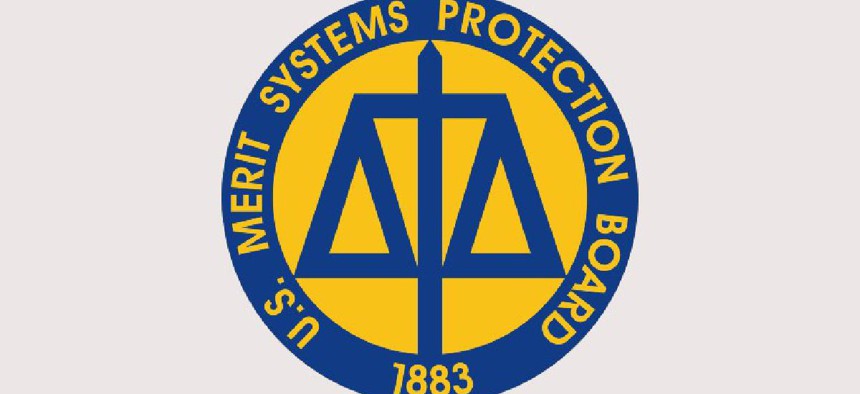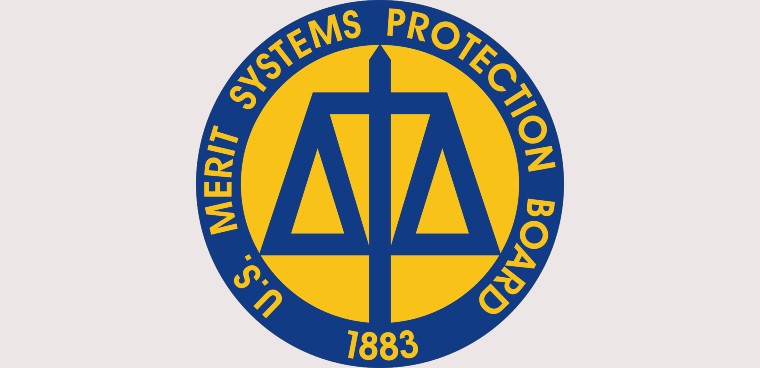MSPB nominees hope to triage massive backlog of cases

The board will also likely have to address fallout from disciplinary measures taken as the federal employee COVID-19 vaccine mandate takes effect.

The Biden administration hopes to get the Merit Systems Protection Board up and running after more than four years without a quorum to decide appeals. The three nominees for the board sketched out plans for catching up with a backlog of more about 3,400 cases at their confirmation hearing on Wednesday before the Senate Homeland Security and Government Affairs Committee.
The agency faces what it characterizes as "most dire crisis since it was established" in a budget justification document for FY 2022. The quasi-judicial agency reviews appeals of adverse employment actions like demotions and firings.
Cathy Harris, the nominee to chair the MSPB, said the lack of any Senate-confirmed leadership has also other MSPB functions like research and regulations and its ability to issue whistleblower stays.
Harris told lawmakers she would meet with current MSPB staff and then establish a triage plan to manage the backing. She also discussed bringing back the practice of issuing "short form decisions" to speed up the process of managing the backlog. Raymond Limon and Tristan Leavitt, the two nominees for board members, said they backed this idea.
"There are many cases for which that would be perfectly appropriate," Harris said. "For example, if they're clearly untimely or there's a lack of jurisdiction, or the administrative judge's opinion is really well-reasoned and well-stated and there's nothing more to add."
She also said that if confirmed, she'd try to increase alternative dispute resolutions.
"These parties have been waiting around for four, sometimes five years, to get decisions and circumstances have changed. Maybe appellants have moved on to other jobs where they've left the agency, [or] the management has changed," she said. "We always think of that as a good opportunity to discuss settlement again."
Finally, Harris noted that the Office of Appeals Council has draft decisions and memos in place that can speed the board's review of cases.
MSPB is likely to have to weigh in on cases involving federal employees disciplined or discharged for declining COVID-19 vaccination without a valid health or religious excuse.
Sen. James Lankford (R-Okla) raised the issue of federal employees who have developed natural immunity or resistance to COVID-19 from having contracted the virus, and who don't want to get the vaccinated.
"What authority does the federal government have to be able to discipline those individuals and how will you handle a case like that," Lankford asked. He noted that "there are multiple individuals in my state that are saying 'I'm gone, I'm going to leave and I'm being pushed out on something that I didn't have an opportunity" to negotiate.
"There's some very difficult questions there. To be totally honest, I'm a little bit nervous on this one because it seems like there's a really good chance we may well have to adjudicate it," said Leavitt. "The consideration here is we want to make sure that anyone who does end up with a case in front of us feels like we haven't made up our mind in advance."
Harris also pointed to MSPB's ability to review OPM rules and regulations to look for prohibited personnel practices. The board would likely review any regulations crafted by OPM to support vaccine mandates, she said.



